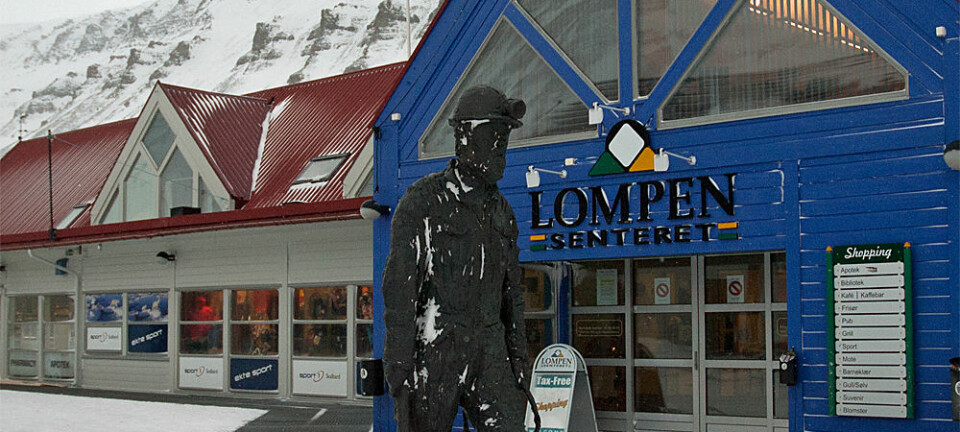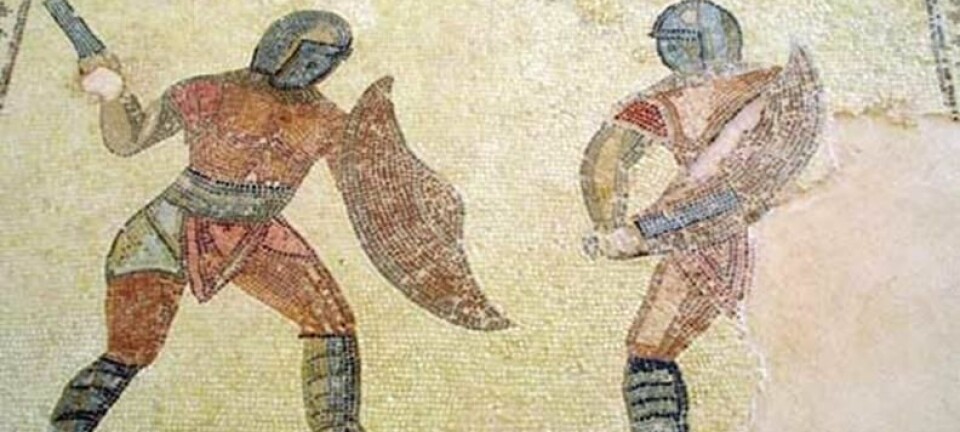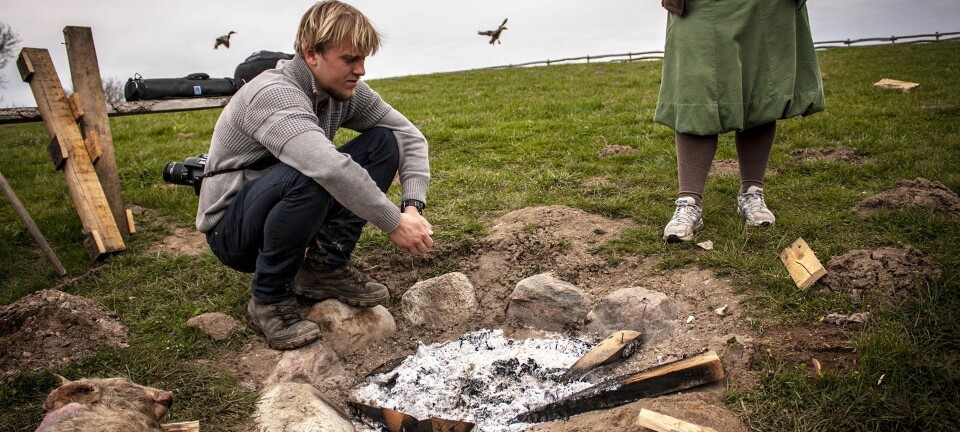
1814: Denmark lost Norway but gained democracy
When Denmark lost Norway in 1814 it set off a chain reaction that would later lead to Danish democracy.
200 years ago the Danish kingdom lost Norway -- and along with it power and influence during a tumultuous time in Europe.
But it may be that the event wasn’t so bad for the northern kingdom, in fact, the loss of Norway could actually have paved the way towards Danish democracy.
”Losing Norway directly results in the Danish kingdom’s centre of power being pushed from Scandinavia towards the continent,” says Professor Roald Berg from University of Stavanger. “This indirectly leads to the abolition of the absolute monarchy in Denmark in 1848.”
German constitutions were Trojan horses
Berg has recently published a paper in Scandinavian Journal of History where he analyses the geopolitical consequences for Denmark, Norway, and Sweden in the wake of the Treaty of Kiel which saw Norway released from Danish rule in 1814.
Denmark was forced to surrender Norway because Frederik VI of Denmark had backed Napoleon during the Napoleonic Wars. As a small compenation, Frederik VI was granted the tiny German duchy of Lauenburg by the European super powers. However, it came at a cost as both Lauenburg and the already Danish duchy of Holstein had to be included into the German Confederation.
Every duchy in the confederation had the right to a constitution and more importantly: the right to publicly discuss politics and societal matters -- things that were impossible under the strict Danish rule.
”In many ways it becomes a Trojan horse that leads to similar changes in Denmark itself,” says Berg.
The Germans start to interfere
Danish historian Rasmus Glenthøj from University of Southern Denmark agrees with Berg’s analysis.
”It was definitely the first step towards democracy,” he says. But the treaty had other consequences as well., he adds.
According to Glenthøj it’s possible to draw a direct line from the loss of Norway and all the way up to the Danish-German wars fought from 1848 to 1864.
”When the duchys were included in the German Confederation it gave the Germans right and opportunity to interfere,” he says. “This gives them a legitimate right to mess with internal Danish affairs and this leads to the later wars.”
Norwegian constitution was no democracy
While the events in 1814 planted the early seeds of democracy in Denmark it actually didn’t do much good for Norway -- democracy wise at least.
”For the past 200 years we’ve been celebrating our independence and gain of democracy,” says Berg. “The latter just isn’t true.”
The truth is that Norway’s new constitution was only accepted by the European super powers because it was deemed restrictive enough to ensure ‘peace and order’ – the constitution granted voting rights to just seven per cent of the population, says Berg.
“The European regime lived in a constant fear of ‘the people’ after seeing what happened during the French revolution,” says Berg.
Glenthøj says no one back then really wanted a true democracy.
“Democracy is seen as chaos and war,” he says. “Liberals in Denmark perceives absolute monarchy and democracy as to extremes -- instead the Norwegian constitution was seen as sort of a middle path.”
Translated by: Kristian Secher









